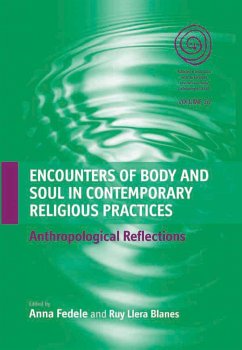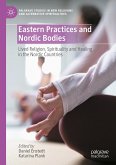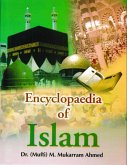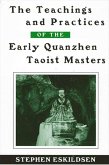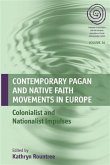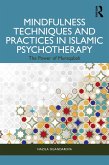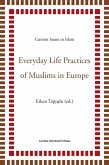Social scientists and philosophers confronted with religious phenomena have always been challenged to find a proper way to describe the spiritual experiences of the social group they were studying. The influence of the Cartesian dualism of body and mind (or soul) led to a distinction between non-material, spiritual experiences (i.e., related to the soul) and physical, mechanical experiences (i.e., related to the body). However, recent developments in medical science on the one hand and challenges to universalist conceptions of belief and spirituality on the other have resulted in "body" and "soul" losing the reassuring solid contours they had in the past. Yet, in "Western culture," the body-soul duality is alive, not least in academic and media discourses. This volume pursues the ongoing debates and discusses the importance of the body and how it is perceived in contemporary religious faith: what happens when "body" and "soul" are un-separated entities? Is it possible, even for anthropologists and ethnographers, to escape from "natural dualism"? The contributors here present research in novel empirical contexts, the benefits and limits of the old dichotomy are discussed, and new theoretical strategies proposed.
Dieser Download kann aus rechtlichen Gründen nur mit Rechnungsadresse in A, B, BG, CY, CZ, D, DK, EW, E, FIN, F, GR, HR, H, IRL, I, LT, L, LR, M, NL, PL, P, R, S, SLO, SK ausgeliefert werden.

